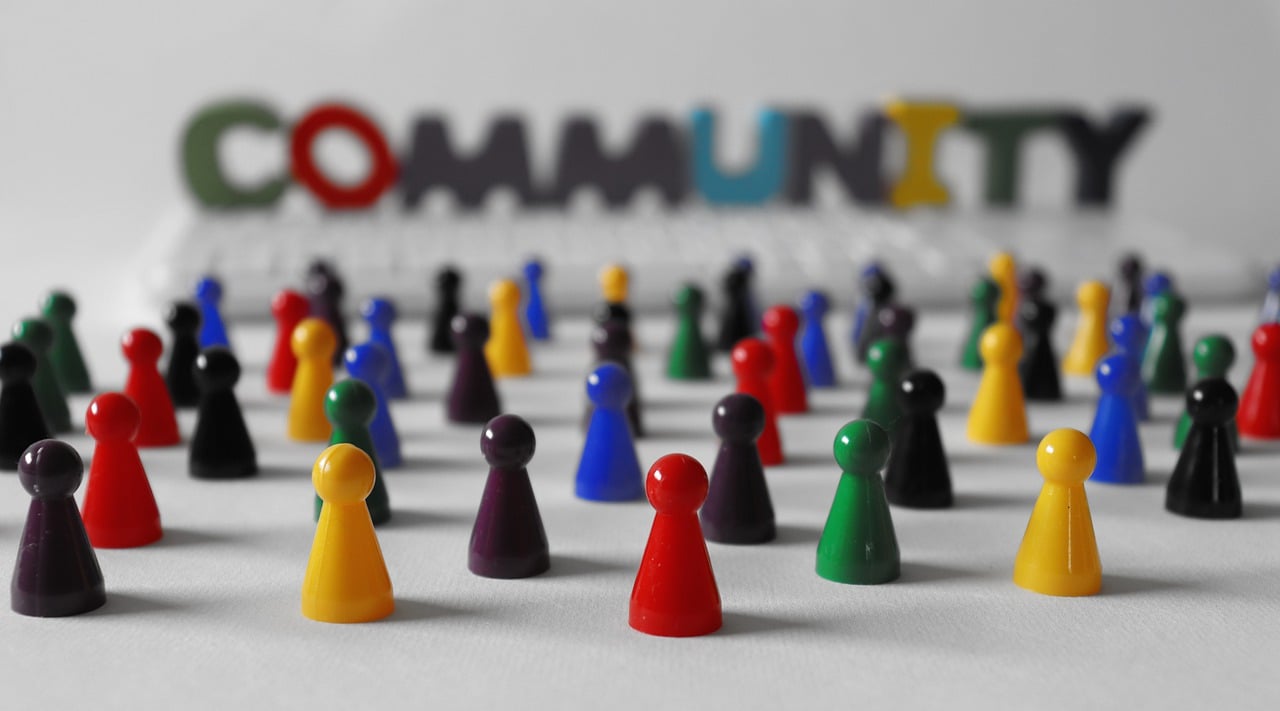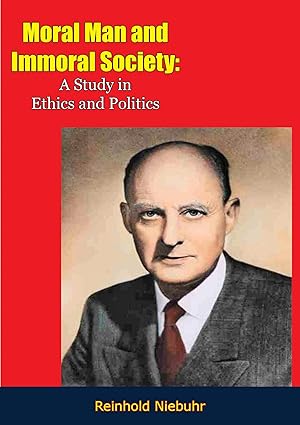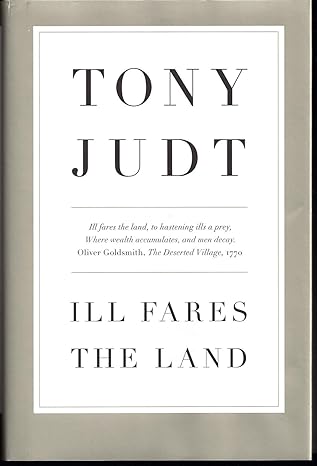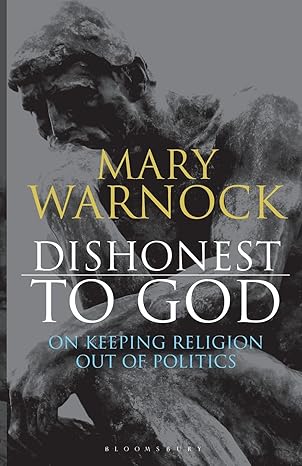A Call for Values in a Divided World
In a polarized world craving moral clarity, what if the answer lies not in louder debates but in timeless values?
Imagine policies rooted in compassion, justice, and dignity for all principles central to religious traditions. While the role of faith in politics sparks debate, its potential to bridge divides and anchor governance in shared ethics is undeniable. This isn’t about pushing dogma; it’s about asking: How can our deepest values, religious or secular, shape a fairer society? Let’s examine why meaningful religious engagement is not only relevant but also essential for ethical leadership in today’s world.
1. Moral Frameworks: The Bedrock of Just Policies
Religious traditions offer ethical blueprints that transcend partisan squabbles. Consider these examples:
- The Golden Rule (“Treat others as you wish to be treated”) underpins anti-discrimination laws.
- Jewish teachings on tzedakah (charitable justice) inspire modern welfare systems.
- Islamic principles of zakat (almsgiving) inform poverty-alleviation strategies in countries like Indonesia.
Why It Matters:
When policymakers draw on these shared values, laws become more than transactional; they reflect a commitment to the common good.
2. Advocates for the Marginalized: Faith in Action
Religious groups have always been at the forefront of social change:
- Civil Rights Movement : Led by faith leaders like Dr. Martin Luther King Jr., who rooted protests in Christian teachings of equality.
- Modern Anti-Hunger Campaigns : Organizations like Catholic Charities and Islamic Relief feed millions annually, shaping policies on food security.
- Climate Justice : Pope Francis’ encyclical Laudato Si’ mobilized Catholics to demand environmental accountability from governments.
Key Takeaway:
Faith-driven advocacy ensures no one is left behind, whether fighting racism, poverty, or climate change.
3. Accountability: A Check on Power
Religious institutions often serve as society’s conscience. For instance:
- Prophetic Tradition in Judaism and Islam : Encourages speaking truth to power, as seen in interfaith critiques of authoritarian regimes.
- The Role of the Church in Poland : Catholic leaders played a pivotal role in resisting communist oppression.
How It Works Today:
Faith communities challenge corruption, demand transparency, and remind leaders that governance is a service , not a privilege.
4. Pluralism: Strength in Diversity
Interfaith collaboration proves that religion can unite, not divide. Examples include:
- The Parliament of the World’s Religions : A global forum where traditions collaborate on issues like peacebuilding and human trafficking.
- Local Initiatives : In cities like Toronto, mosques, synagogues, and churches jointly sponsor refugee families.
The Bottom Line:
Respectful dialogue across faiths fosters policies that honor diversity while upholding shared values.
5. Beyond Charity: Inspiring Altruistic Policies
Faith-inspired policies prioritize people over profit. Consider:
- Healthcare : The Catholic Church runs 26% of global healthcare facilities, influencing debates on universal access.
- Education : Islamic madrasas and Christian schools in developing nations often advocate for free, equitable education.
Why Secular Societies Benefit Too:
Even non-religious citizens gain when policies are shaped by principles like empathy and fairness.
Addressing Concerns: Balancing Faith and Fairness
Critics argue that religion can fuel division. Here’s how to navigate this:
- Separation of Church and State : Governments must remain neutral, but individuals have every right to bring their values into the public square.
- Guardrails Against Domination : Laws must protect minority faiths and non-believers alike. Example: The U.S. First Amendment’s dual guarantee of free exercise and non-establishment of religion.
Conclusion: Together, We Can Build a Better Nation and World
Religious engagement in politics isn’t about division; it’s about bringing empathy, ethics, and accountability to the decision-making table. When truthful and honest faith communities collaborate with policymakers, we see real change: food for the hungry, protection for the vulnerable, and justice for the marginalized. Whether you’re religious or secular, we all benefit when policies reflect ethical courage.
Here’s how YOU can make a difference:
Speak Up: Share this article and tag a leader or organization inspiring moral governance.
Act Locally: Volunteer with faith-based groups tackling issues like homelessness or education.
Join the Dialogue: Comment below. What’s one policy you’d like to see shaped by ethical values?
Don’t miss out!
Follow us on [Social Media Platform] for daily inspiration at the intersection of faith and justice.
Your voice matters. Let’s turn values into action, one conversation at a time.




